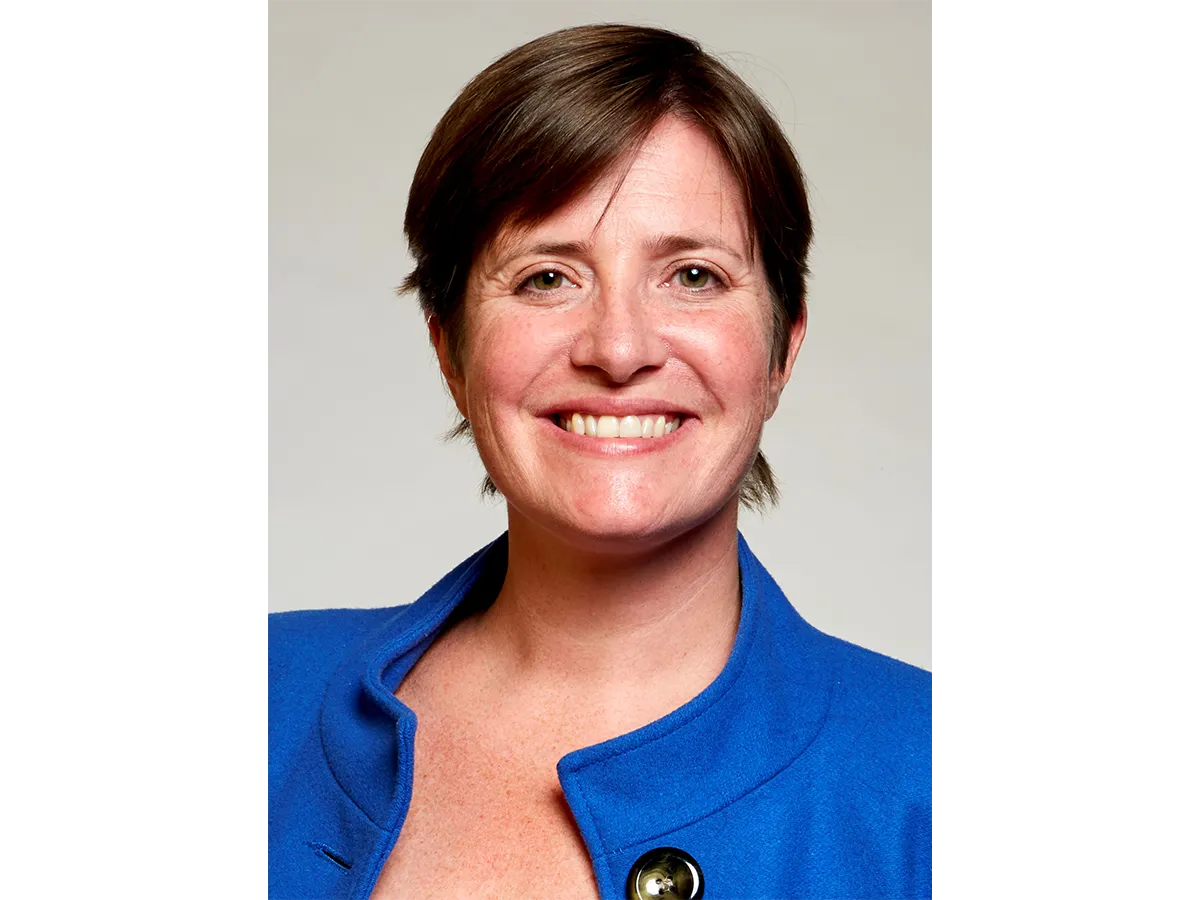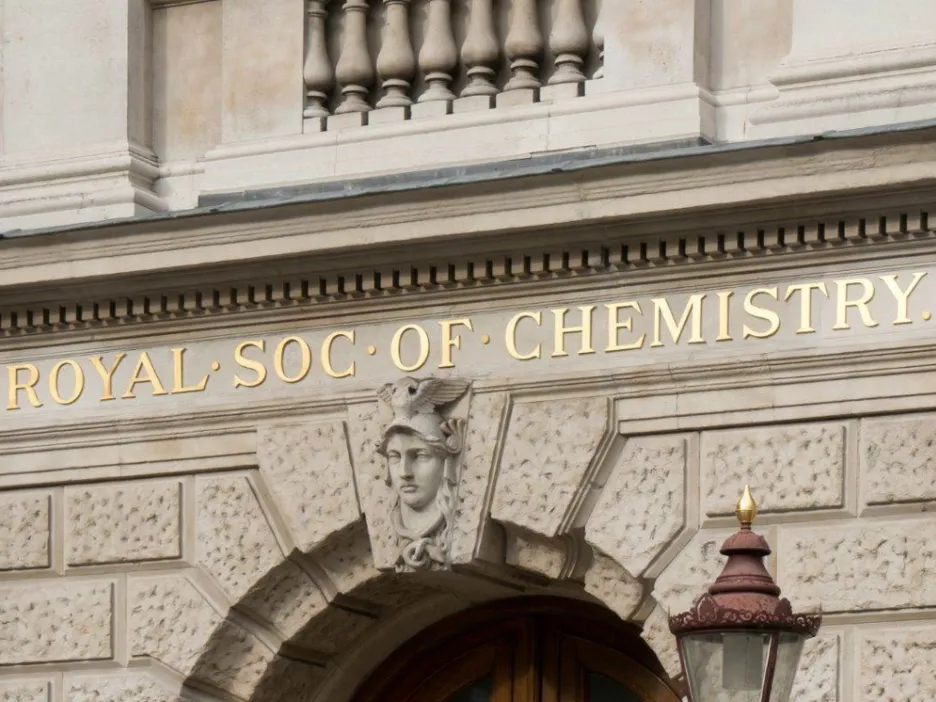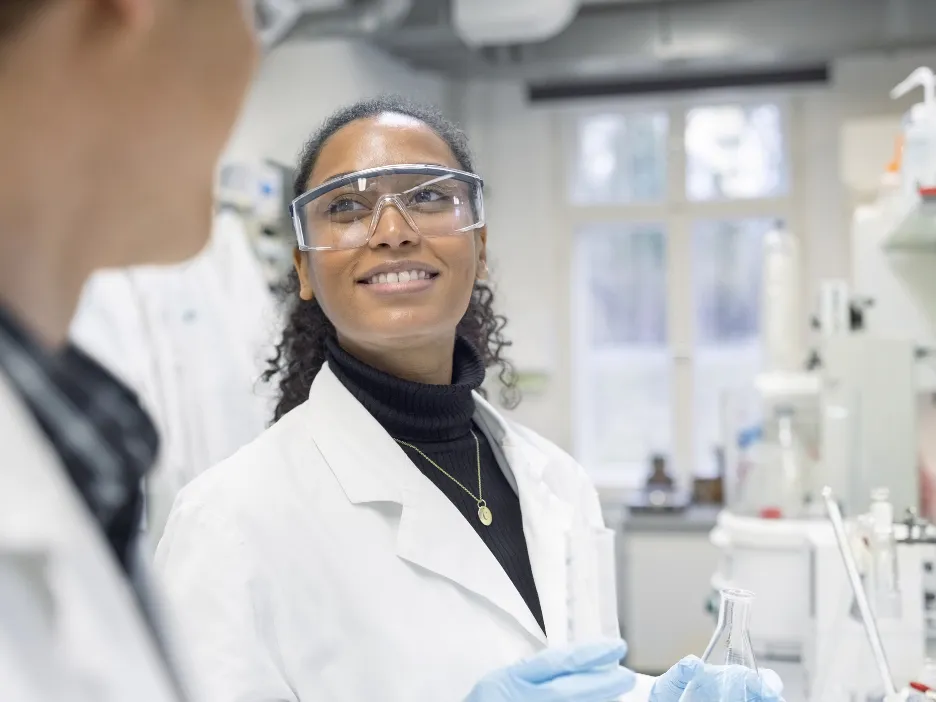Winner: 2025 Tilden Prize for Chemistry
Professor Rachel O'Reilly
University of Birmingham
Download celebratory graphic2025 Tilden Prize for Chemistry: awarded for precision polymer chemistry, self-assembly and materials synthesis that demonstrates both fundamental new science and innovative real-world problem solving.

Rachel O'Reilly's work has developed new ways of creating tiny synthetic particles that could help to improve treatments for diseases, such as cancer, and create solutions to the world’s energy problems.
Biography
Professor Rachel O’Reilly CSci CChem FRSC is currently a Professor of Chemistry and Pro-vice Chancellor for Research at the University of Birmingham. Previously she was Head of the School of Chemistry, having moved to Birmingham in 2018. She was a faculty member at the University of Warwick from 2008 to 2018 and has held fellowships from the EPSRC, Royal Society and the ERC.
She got her first degree from the University of Cambridge and went on to complete her PhD at Imperial College, London in 2003. Her group undertakes research in the area of catalysis, responsive polymers and materials, nanostructure characterisation and DNA nanomaterials. She has published over 250 papers to date and has received a number of awards.
She holds a MSci from the University of Cambridge and went on to complete her PhD at Imperial College, London in 2003. In 2020 she was awarded the RSC Corday-Morgan Prize and in 2022 she was elected as a Fellow of the Royal Society.
I am delighted as our work on precision polymer nanoparticles has been a labour of love, no funders have ever decided to support this area of our work but we have persevered, and I have enjoyed all of the discoveries and research we have undertaken.
Professor Rachel O’Reilly
Q&A with Professor Rachel O’Reilly
Tell us about somebody who has inspired or mentored you in your career.
My postdoc advisor Karen Wooley has inspired me for the last 20 years. Her passion for research and her commitment to rigour had a profound influence on me during my postdoc. I have been very fortunate that she has continued as a mentor and she has always provided me with excellent and honest advice. She is a wonderful scientist and an excellent mentor. We always have fantastic scientific conversations as well as great fun together at conferences, but she does always asks me the hardest questions in the room after my presentations!
What motivates you?
I am motivated by curiosity – I like to understand things. In my research and in life, I don't like it when something is not clear or cannot be explained, hence I seek to understand it. However, this means that sometimes I can get scientifically lost in the pursuit of the understanding and forget why it is important to understand something.
What advice would you give to a young person considering a career in chemistry?
Be brave. I think a career in chemistry, certainly an academic one, requires so much bravery. You have to be brave and believe in your ideas, you have to be brave and believe in yourself and in your team. But most importantly you have to be brave to have the career you want rather than aspire to what success looks like for others - no two academic careers are the same and you should be brave and decide what success looks like for you and be brave to go for it.
What has been a highlight for you (either personally or in your career)?
A highlight for me in my career was taking over as Head of School in Birmingham and leading the School for five years. I am proud of the expansion of the School and the opening of the new Molecular Sciences building but most of all I feel very grateful to have had the opportunity to work with such a fantastic group of academics, professional services staff, technicians, postdocs and students. I am especially pleased to see so many of the colleagues who joined us in Birmingham thrive, do wonderful research and create a vibrant School of Chemistry.
What does good research culture look like/mean to you?
A good research culture to me is an environment in which everyone has the opportunity to pursue and achieve their ambitions. It is important to recognise that ambition/success looks and feels different to different people and a good research culture supports researchers to find what is right for them. I believe that a good research culture should be enabling and empowering and not without challenge however it should give researchers the confidence to succeed and thrive.

